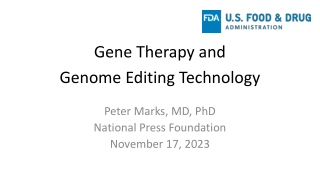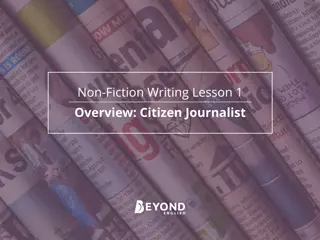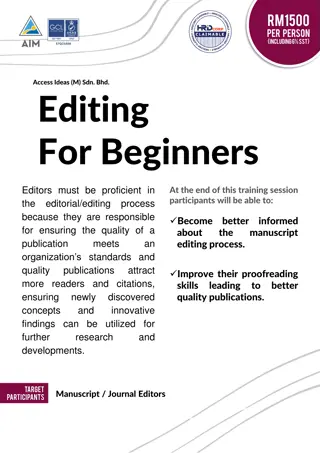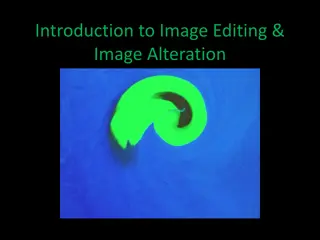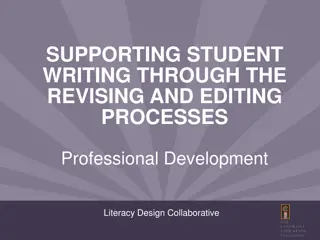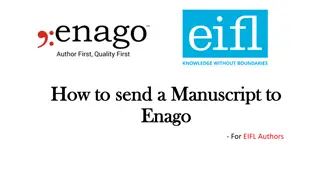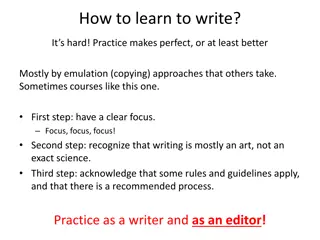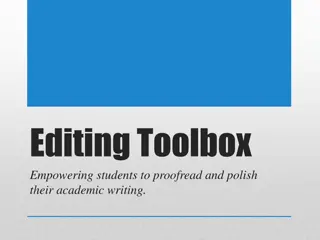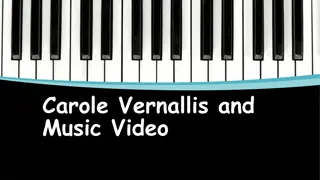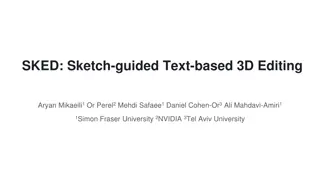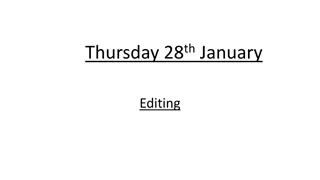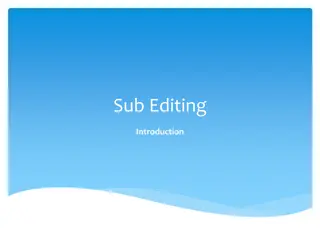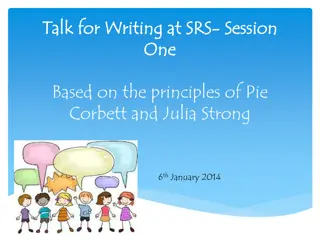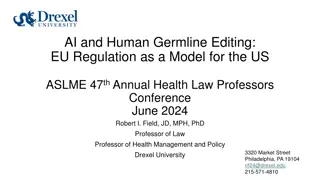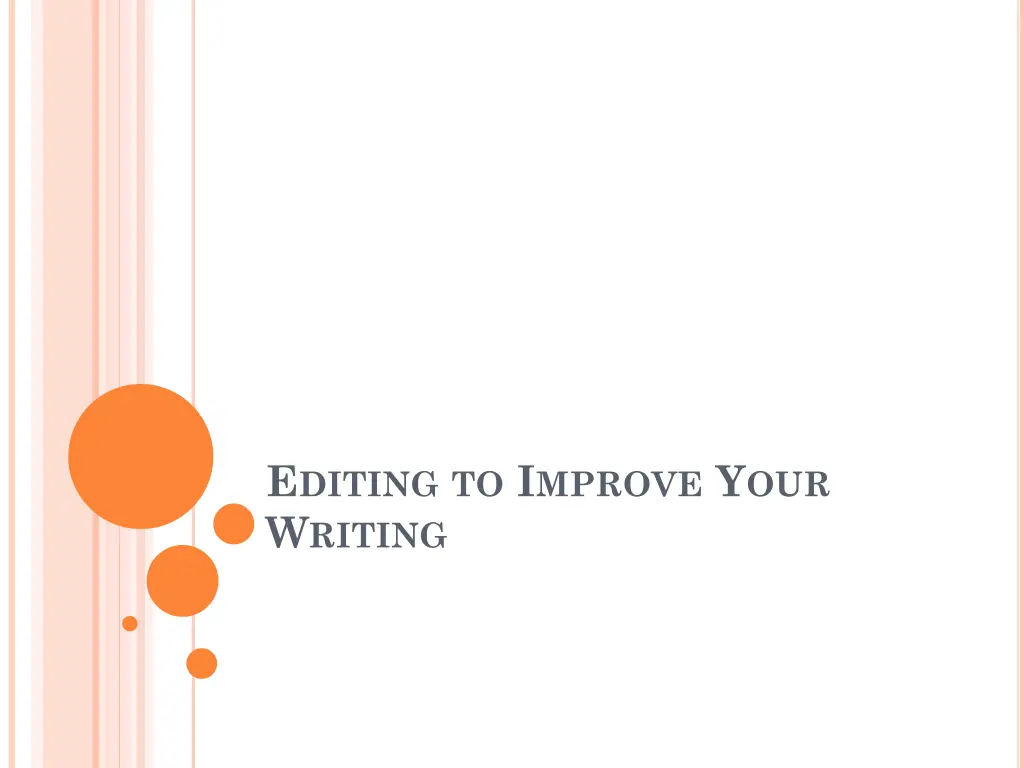
Effective Writing Tips to Enhance Clarity and Precision
Learn how to improve your writing by avoiding common pitfalls such as expletive phrases, unnecessary articles, and doublets. Discover strategies to use active verbs, collapse unnecessary clauses, and elevate your language with concrete nouns. Enhance your writing skills with these practical tips!
Download Presentation

Please find below an Image/Link to download the presentation.
The content on the website is provided AS IS for your information and personal use only. It may not be sold, licensed, or shared on other websites without obtaining consent from the author. If you encounter any issues during the download, it is possible that the publisher has removed the file from their server.
You are allowed to download the files provided on this website for personal or commercial use, subject to the condition that they are used lawfully. All files are the property of their respective owners.
The content on the website is provided AS IS for your information and personal use only. It may not be sold, licensed, or shared on other websites without obtaining consent from the author.
E N D
Presentation Transcript
EDITING TO IMPROVE YOUR WRITING
AVOID EXPLETIVE PHRASES. It is, There is, There are, . .
AVOID UNNECESSARY ARTICLES (A, AN, THE ). She hated to wash [the] dishes.
COLLAPSE UNNECESSARY PREPOSITIONAL PHRASES. She lived in the house on the corner. She lived in the corner house. The hero of the book failed. The book's hero failed.
AVOID DOUBLETS (USELESS REPETITION). neglected and discarded benches the honest truth red in color
EMPLOY ACTIVE, PRECISE VERBS (AVOID CRUTCH VERBS all forms of to have, take, make, seem, give, get, show, use, state, be, do.
COLLAPSE UNNECESSARY RELATIVE CLAUSES. The child who is abused performs poorly in school. The abused child performs poorly in school. He told us that he used to enjoy playing sports. He told us he used to enjoy playing sports.
USE PLURAL NOUNS WHEN NUMBER IS INSIGNIFICANT. Singular) The abused child performs poorly in school. (Plural) Abused children perform poorly in school.
STATE THE NEGATIVE POSITIVELY. He did not enjoy the novel. He disliked the novel. She cannot arrive late. She must arrive on time.
PREFER THE CONCRETE NOUN TO THE ABSTRACT, THE SPECIFIC TO THE GENERAL. The idea of completing a degree motivated her. Graduation motivated her.
WHERE POSSIBLE, SUBSTITUTE VERBALS AND VERBS FOR NOUNS. The loss of a friend hurts. Losing a friend hurts.
UTILIZE THE FINITE TENSES WHEN THE PROGRESSIVE IS NOT ESSENTIAL. He had been studying all night. He studied all night. We were trying to avoid problems. We tried to avoid problems.
AVOID VERBS THAT REQUIRE A PREPOSITION OR TWO TO COMPLETE THEIR MEANING. He headed up the committee. He headed the committee.
EMPLOY SIGNALS TO LEAD YOUR READERS. first, second, next, finally, in addition to, also. .
MORE TIPS Prefer active voice to passive. Avoid jargon, federalese, triteness, trendy words, the off- beat, journalese. Write in the first, second, or third person as appropriate. Remember that most adjectives and adverbs are unnecessary.
MORE TIPS Prefer the breathable sentence, clause, and phrase to the unbreathable. Edit your writing for style, punctuation, grammar, spelling, flow, and coherence. Vary your sentence pattern. Fight clutter. Do not commit the deadliest sin: writing a boring essay.
MORE TIPS Consider your audience. When you write, think specifically of readers, as if one or two of them were sitting across from you or looking over your shoulder and wanted to know what you meant in this phrase, sentence, paragraph, article. Work hard on your writing. Hard writing means easy reading. Read other writing for the writing. Notice how good writers build their paragraphs and essays. When editing, always read your papers aloud. Listen for smooth flow of ideas, appropriate transitions, and comfortable sentence variety.

